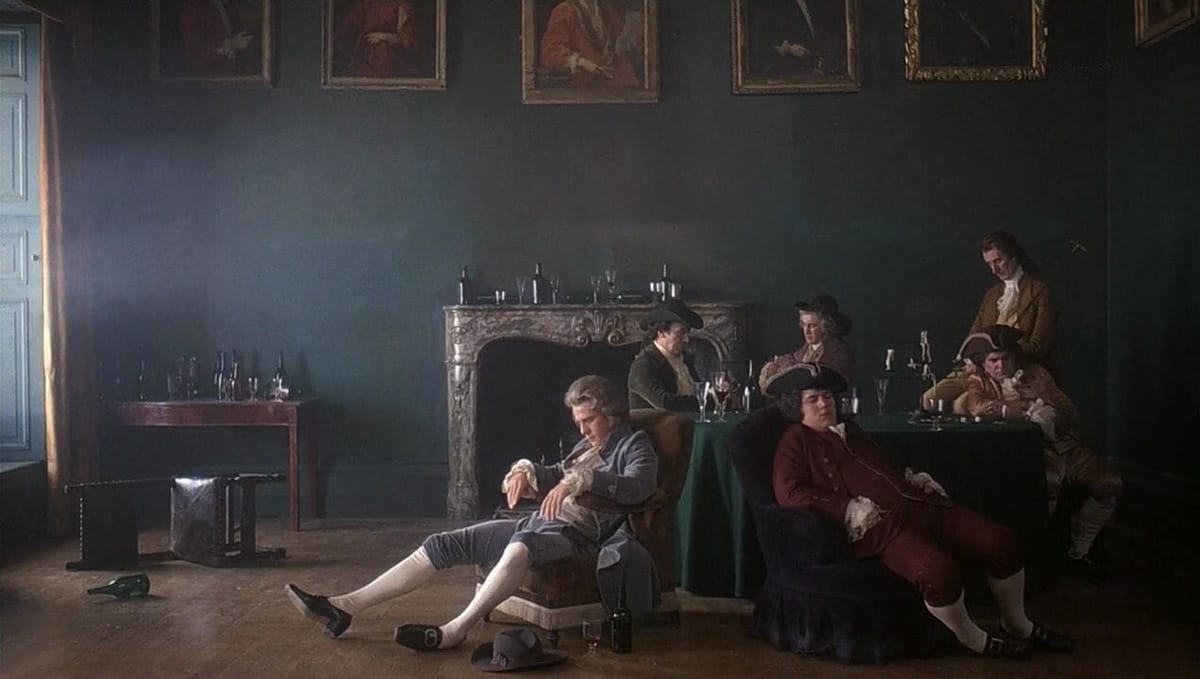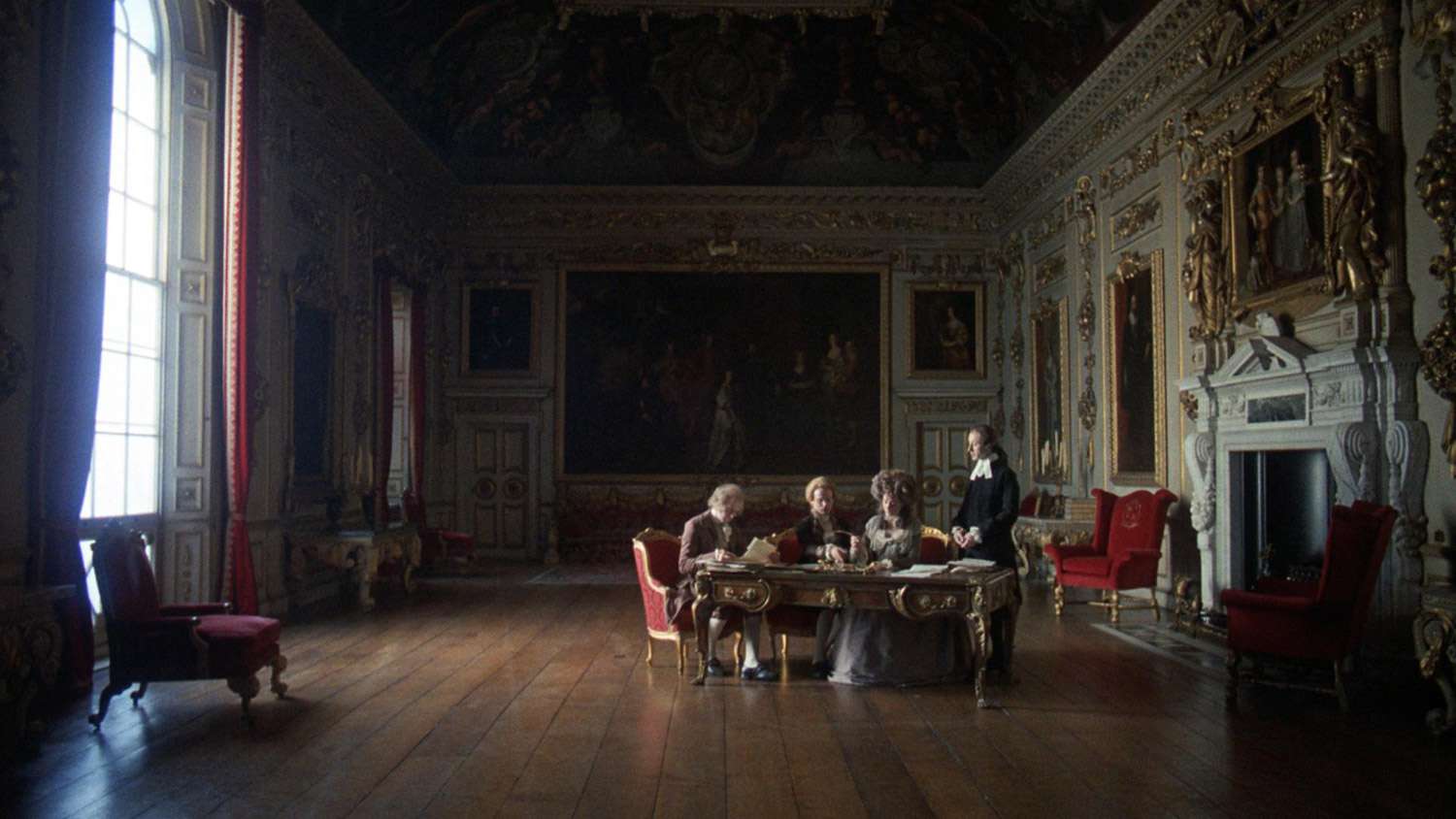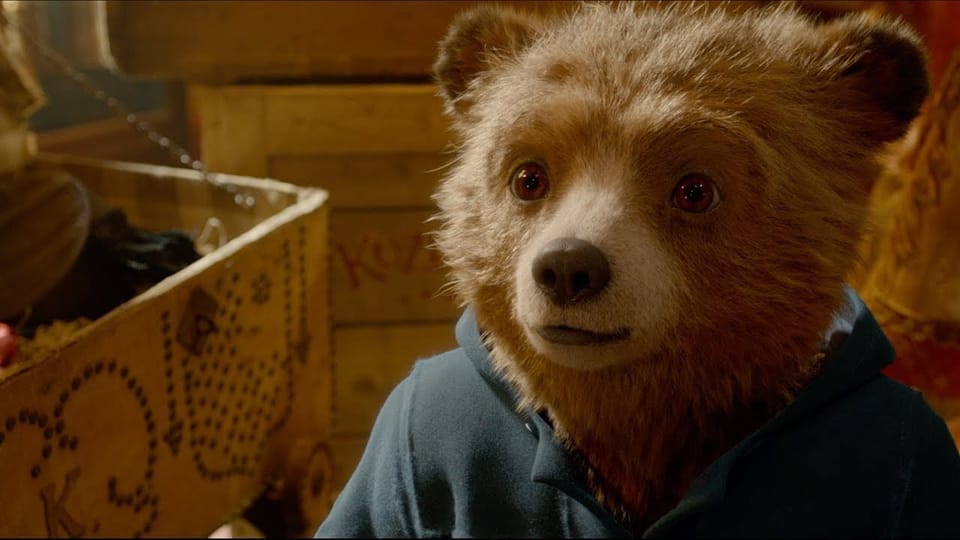Serve the Server / Movie Review (Barry Lyndon)

The past few weeks, I've been spending a lot of time messing around with a spare computer that I set up as a Linux server to host a media server (Jellyfin) and some other stuff, including Immich (Google Photos alternative) and NextCloud (Google Docs, Google Drive alternatives). And I've got Tailscale running for access from outside my home network, and it seems to work great.
But then the computer's power supply started failing, so I swapped it out for another one. I thought this would be easy, but something went wrong. The computer wouldn't post with the new or the old power supply. This sent me down a rabbit hole of troubleshooting and hardware failure, but I finally got everything sorted.
Now, after much blood, sweat, and tears messing around with the setup to host a media server, there was one thing left to do – consume some media!
The first movie I watched was Barry Lyndon, the 1975 Stanley Kubrick movie about the life and times of an Irishman living during the reign of George III and his rise from humble roots into the aristocracy and subsequent fall.
For much of the film, it feels like Barry and the other characters are just swept along, sometimes by random events like the opponent's aim in a duel, and other times by the course of history like when Barry finds himself in the British army and then the Prussian army and then, luckily, no army. There are schemes that get hatched, choices that get made, passions that flare, and interests that get pursued, but these play out, succeeding or failing, as life and history slowly and indifferently grind along.
And when I say slowly, I mean sloooowly. To call this film leisurely paced would be an understatement. This movie took a couple Benadryl, chased them with a tall glass of red wine, and then curled up under a weighted blanket. The pacing serves Kubrick's vision of the film, but might be off-putting to viewers unaccustomed to or unsuspecting of the film's languid pace.
The scenes progress like a series of oil paintings that serve as the stage for the actors. Long-distance shots depict gorgeous scene after gorgeous scene – the Irish countryside, an aristocrat's luxurious estate, a eerily gothic barn – and then slowly zoom in as the scene plays out, often glacially. Barry is the protagonist and we see the film from his perspective, but he threads the line between hero and anti-hero. He ends up in a number of situations where the film leaves us conflicted about who we should root for. Indeed, it is easy to imagine recasting the story from the perspective of another characters – say, the vicar or Lord Bullingdon – such that Barry becomes a villain to be overcome.

In every scene, the attention to detail is extraordinary for the costumes, sets, lighting, and photography. If you enjoy these sorts of technical aspects, then the film is deeply engaging. It's said that the film was lit entirely with natural light, such as candles at night and light from windows during the day, which gives the movie a unique look and feel that fits the period.
In sum, the Barry Lyndon is slow but rewarding if you can get into it, especially for its impeccable craft. The story and pacing serve to present Kubrick's cold and detached exploration of the beautiful world he creates on the screen, its flawed characters, and their lofty and mundane trials and tribulations in an uncaring and absurd universe.




